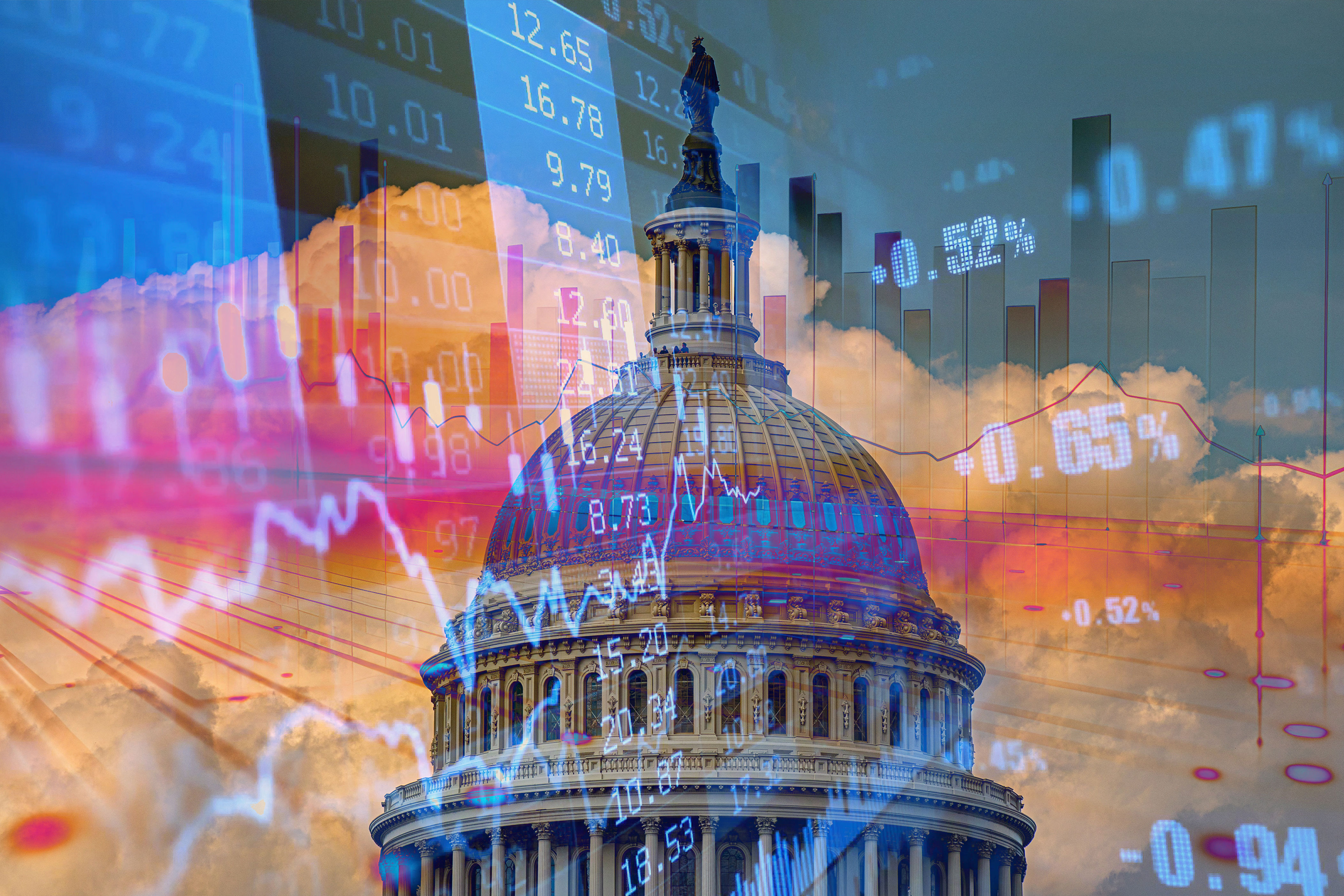Are Trump's Tariffs Harming Crypto?

The Impact of Trump's Tariffs on the Crypto Market
Tariffs have long been a source of concern for investors, and the recent actions by former President Donald Trump have added another layer of complexity to the financial landscape. These import taxes have not only caused market volatility but have also introduced new challenges for the crypto industry. As a result, investors are now navigating an environment where trade policy is as significant as any other factor influencing asset prices.
Market Volatility and Investor Sentiment
The introduction of tariffs has led to increased uncertainty, which in turn has affected investor sentiment. For example, when the White House announced "Liberation Day" duties on major trading partners in April, Bitcoin experienced a 3.1% drop, while the S&P 500 fell by 1.8%. Despite these initial losses, Bitcoin quickly rebounded, showing resilience in the face of policy changes. Over the past six months, Bitcoin has gained around 21%, highlighting the potential for long-term gains if investors remain patient.
For those with a long-term perspective, the impact of these tariffs has been minimal. Investors who chose to buy the dip during these volatile periods have seen slight improvements in their positions. However, the ongoing threat of additional tariffs and the potential for trade deals can create a rollercoaster effect on market sentiment, making it difficult for businesses and investors to plan effectively.
The Role of U.S. Bitcoin Miners
U.S. Bitcoin miners are particularly vulnerable to the effects of tariffs. They rely heavily on importing mining hardware from countries like China, Thailand, Malaysia, and Indonesia. A potential 36% tariff on these machines could significantly increase capital expenditures for miners, affecting their ability to recoup investments. This could lead to a reduction in the supply of Bitcoin available for sale, potentially driving up the price at a faster pace.
On the other hand, crypto exchanges and protocol economics remain unaffected by these tariffs. This suggests that the primary risks associated with the tariffs are more about headlines than actual balance sheet impacts. While the uncertainty may cause short-term fluctuations, it does not fundamentally alter the core dynamics of the crypto market.
Sentiment Spillover and Investment Behavior
Persistent policy uncertainty can have a profound impact on investment behavior. Businesses, much like Bitcoin miners, may be hesitant to invest until they have a clearer view of the future. This reluctance can lead to a decrease in risk-taking, which often affects the crypto market negatively.
In the aftermath of the latest tariff announcement, Bitcoin ETFs experienced nearly $1 billion in outflows over two days, marking one of the worst performance periods since their launch. However, these outflows are likely to be offset by larger inflows once the immediate shock of the policy change subsides. So far, there is no substantial evidence that Trump's tariffs are having a material impact on cryptocurrencies, as they can move freely across borders and are not directly affected by trade policies.
Long-Term Opportunities Amidst Uncertainty
Despite the challenges posed by tariffs, they do not fundamentally change the math of the crypto market. Bitcoin's next halving, expected in April 2028, will reduce the supply of new coins, potentially increasing scarcity and value. Ethereum continues to evolve, enhancing its capabilities in decentralized finance (DeFi) and smart contract execution. These developments are independent of trade policies and highlight the intrinsic value of these assets.
For investors, the key takeaway is to treat tariff-driven dips in crypto as opportunities rather than threats. Just as one would approach any macroeconomic fluctuation, these dips can be used to build positions intended for long-term holding. If tariffs remain elevated, capital may stay cautious, leading to sideways or even lower prices. However, history shows that disciplined buyers often benefit when fear overshadows fundamentals.
Conclusion
While the current tariff environment introduces new uncertainties, it does not fundamentally alter the trajectory of the crypto market. Investors should focus on the long-term potential of their holdings and use periods of volatility as opportunities to strengthen their positions. By maintaining a cool-headed approach and staying informed, investors can navigate the complexities of the market and position themselves for future growth.
Post a Comment for "Are Trump's Tariffs Harming Crypto?"
Post a Comment